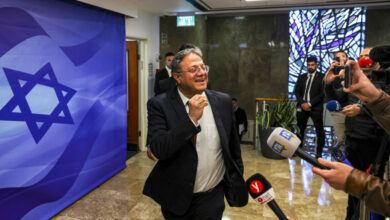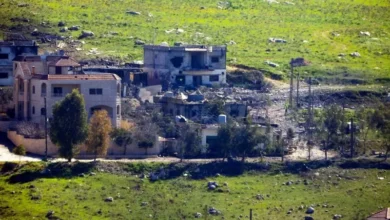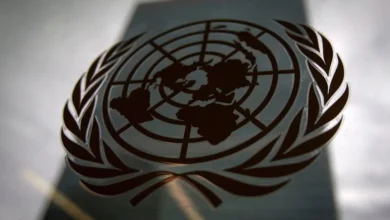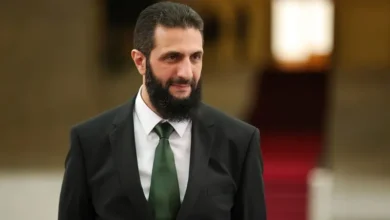Princess Reema responds to criticism of WTA decision to hold finals in Saudi Arabia
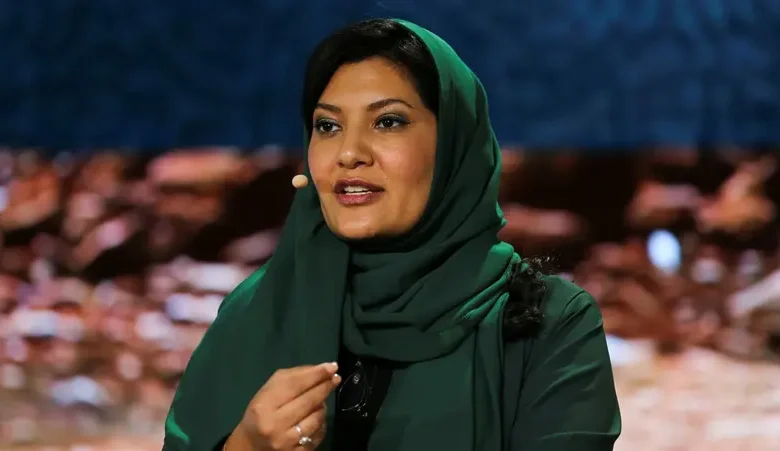
Objecting to the decision to hold the Women’s Tennis Association Finals in Saudi Arabia “undermines the progress” Saudi women have made to advance in sports and is “beyond disappointing” to see, the Kingdom’s Ambassador to the US Princess Reema bint Bandar said in a statement on Tuesday.
The ambassador issued a statement in response to an opinion piece published in The Washington Post in which the authors criticized the decision to host the major tennis event in the country because it is “a country where women are not seen as equal” and are considered “the property of men.”
According to Princess Reema, sports should not be used as a weapon to advance personal bias or agendas or punish a society that is eager to embrace tennis and help celebrate and grow the sport.
Undermining Saudi women’s progress
“Failing to acknowledge the great progress women have made in Saudi Arabia denigrates our remarkable journey,” Princess Reema wrote in her statement.
“Like many women around the world, we looked to the legends of tennis as trailblazers and role models… glimmers of hope that women truly could achieve it all. But these champions have turned their back on the very same women they have inspired and it is beyond disappointing.”
According to the ambassador, Saudi women own more than 300,000 business, and roughly 25 percent of small and mid-size start-up company – about the same percentage as in the US.
Male-dominated sectors in the Kingdom – including the military, firefighting, law and law enforcement, and even space exploration – are open to women, she added.
Women in Saudi Arabia also enjoy equal pay, something that has yet to become an universal norm, Princess Reema continued.
“While there’s still work to be done, the recent progress for women, the engagement of women in the workforce, and the social and cultural opportunities being created for women are truly profound, and should not be overlooked,” she said.
In sports, much progress has been made, including the launch of women’s sports leagues and federations. Saudi Arabia is home to more than 330,000 registered female athletes with 14,000 actively playing tennis.
There are thousands of women coaches, mentors, referees, and sports doctors working in the Kingdom.
Saudi women have been participating across sports in local, regional, and international competitions – and winning too.
Vicitimizing Saudi women and writing them all off as voiceless “not only undermines the progress of women in sports, it sadly undermines women’s progress as a whole,” the ambassador to the US said.
False claims
Claims that the guardianship laws in the Kingdom limit women’s freedom and require them to get the approval of a male guardian to travel, work, or be the head of the household are untrue, the ambassador said.
“The authors say that they do not believe that the girls of Saudi Arabia should be able to watch a professional tennis tournament in their own country. apparently, we are not ready,” she noted in the statement.
“They say that Saudi law “essentially makes women the property of men.” On this, let me simply say: get your facts straight.”
“I promise you, Olympic runner Yasmeen AlDabbagh, martial arts competitor Tahani AlQahtani, or rising tennis star Yara AlHogbani are not pushing their performance beyond what they believed possible to change your perception about their rights as women. These women are paving the path forward – for themselves, for their fellow Saudi girls and women, and for their country.”
A seat at the table
While those who oppose having a women’s tennis tournament in Saudi Arabia may have noble intentions and see themselves as advocating for universal equality for women, the ambassador says they must recognize that the Kingdom shares those goals as well.
“We want the same thing – in Saudi Arabia, in other nations rich and poor, and in your backyards. We recognize and welcome that there should be a healthy debate about progress for women,” Princess Reema wrote.
While the Kingdom is “not yet a perfect place for women,” she says, “progress is the one constant in Saudi Arabia, where women are advancing at a faster pace than perhaps anywhere else in the world.”
To have universal equality, it is essential to ensure that Saudi women not excluded and their progress is not ignored, the ambassador explained.
Productive dialogue, instead of biased criticism, is necessary to achieve “our common cause.”
“To those who seek to deny our women the same opportunities that others enjoy, I say that what I hear loudly and clearly is that there is no seat for me at their table. But I will welcome them at mine. Because my table isn’t limited by political views, borders, race or geography,” Princess Reema said.
